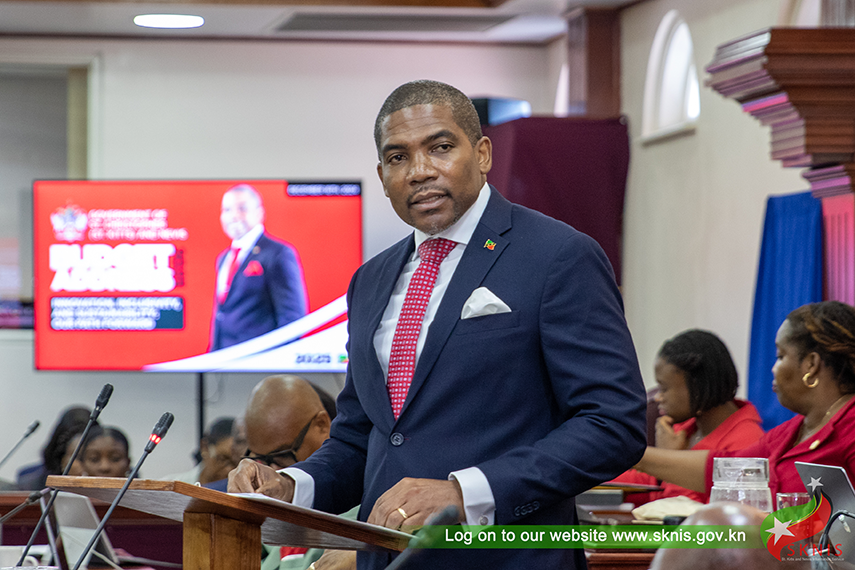Rehabilitation and Reintegration: A “Prison to Work” Initiative for Offenders
The Federal Government of St. Kitts and Nevis is introducing a groundbreaking initiative, the “Prison to Work” program, aimed at facilitating the successful reintegration of former inmates into society. This program, a key component of the broader ELEVATE initiative, seeks to address the challenges faced by individuals who have completed their sentences and undergone rehabilitation at His Majesty’s Prison (HMP) but often struggle to find employment and rebuild their lives. Prime Minister and Minister of Finance, the Honourable Dr. Terrance Drew, unveiled this transformative program during the 2025 Budget Address, highlighting its potential to significantly reduce recidivism and empower ex-offenders to become productive members of society.
The “Prison to Work” program acknowledges the significant barriers faced by formerly incarcerated individuals in securing employment due to societal stigma and a lack of opportunities. Recognizing that without gainful employment, these individuals are at a higher risk of reoffending, the program aims to break this cycle by providing them with a pathway to legitimate income and self-sufficiency. Prime Minister Drew emphasized the government’s commitment to providing second chances, arguing that individuals who have served their time deserve the opportunity to reintegrate and contribute positively to their communities. The program reflects a belief in the potential for rehabilitation and the importance of supporting those who have paid their debt to society.
The core principle of the “Prison to Work” initiative is to offer meaningful employment opportunities to ex-offenders, enabling them to support themselves and their families financially. By providing a stable source of income, the program aims to reduce the likelihood of individuals resorting to criminal activities out of economic necessity. This, in turn, enhances public safety and strengthens community well-being. The program’s emphasis on providing a structured transition back into society underscores the government’s understanding that successful reintegration requires more than simply releasing individuals from prison. It necessitates providing them with the necessary tools and support to rebuild their lives, reducing the stigma associated with incarceration, and fostering a more inclusive society.
Beyond simply providing jobs, the “Prison to Work” program represents a significant investment in the lives of formerly incarcerated individuals. It demonstrates the government’s commitment to addressing the root causes of crime and supporting at-risk populations. Prime Minister Drew emphasized the value of each individual, stating that “their lives matter,” highlighting the program’s focus on human dignity and the belief in the potential for positive change. This approach aligns with the overall goals of the ELEVATE program, which seeks to empower individuals through education, skills development, and opportunities for self-improvement.
The “Prison to Work” initiative is expected to have a significant impact on reducing recidivism rates within St. Kitts and Nevis. By providing a structured pathway to reintegration, the program aims to break the cycle of recidivism, reducing the strain on the justice system and contributing to safer communities. This investment in rehabilitation and reintegration is not only cost-effective in the long run but also reflects a commitment to social justice and creating a more equitable society for all citizens. The program’s success will be measured not only by reduced recidivism rates but also by the positive impact on the lives of former inmates and their families, as well as the overall strengthening of communities.
The “Prison to Work” program is a testament to the government’s commitment to creating a more just and inclusive society. It recognizes the importance of rehabilitation and reintegration and provides a tangible pathway for formerly incarcerated individuals to rebuild their lives. By investing in these individuals, the government is not only improving their prospects but also contributing to safer, more prosperous communities. The program’s success will rely on collaboration between government agencies, employers, and community organizations, demonstrating a shared commitment to providing second chances and empowering individuals to reach their full potential. This collaborative approach signifies a holistic strategy that addresses the complex challenges faced by ex-offenders and fosters a supportive environment for their successful reintegration.
Share this content:












Post Comment